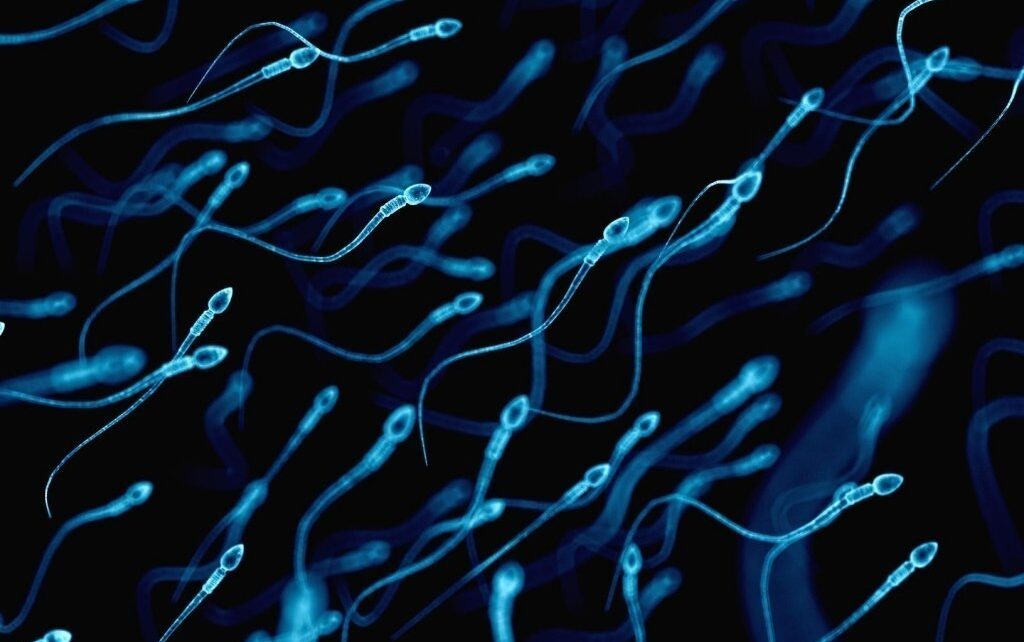
Antioxidant-rich diet and improved male fertility
Infertility as a disease, is defined as the impossibility of achieving pregnancy after 12 months of regular sexual intercourse without using any contraceptive method. The term subfertility (Zegers-Hochschild 2017) can also be used. Therefore, subfertility describes those couples with reduced fertility.
As per the male factor, many published studies explain what could cause about the 50% of infertility cases.
Sperm oxidative stress
Between 30% and 80% of male subfertility may have its origin in the sperm’s oxidative stress. Oxidative stress may occur when oxygen reactive species (ROS) overcome the natural antioxidant defences present in the sperm sample and cause damage in the reproductive cell. Increased ROS levels may be due to different factors such as environmental (high temperatures, electromagnetic radiation, pesticide or pollution), lifestyle (use of alcohol or tobacco, stress, obesity, poor diet) and many other factors that may include infections and autoimmune and chronicle diseases. Taking antioxidants supplements in your diet may reduce the oxidative stress and improve the sperm quality, solving the reproductive disorders.
Antioxidant effect in males
However, a last revision made about the antioxidant effect on male subfertility has been recently published (Cochrane Database of Systematic Reviews 2019), where the evidence level is very low and therefore, not conclusive. It seems that antioxidant supplements in males may increase the possibilities of giving birth to a baby alive after undergoing assisted reproduction treatment. However, up to date, the published studies are scarce and not very accurate and, controlled and well-designed aleatory studies are required. This will give us information about pregnancies and live birth to make the exact antioxidant function clear.
Dr. Jorge Ten, Director Biology of Reproduction Unit of Instituto Bernabeu
